Mental health education plays a critical role in empowering teenagers with the essential coping tools they need to navigate the emotional and psychological challenges that come with adolescence. During these formative years, teens experience significant physical, social, and emotional changes. The pressures of school, family dynamics, peer relationships, and the evolving demands of modern society can sometimes feel overwhelming. Without the proper support or understanding, these pressures may manifest as anxiety, depression, stress, or even more severe mental health issues. Mental health education equips teens with knowledge, awareness, and practical skills to manage these challenges and promote their emotional well-being. A core component of mental health education is increasing awareness about the importance of mental well-being. Many teens are often unaware of the signs of mental health struggles or may not know how to express their emotions in healthy ways. Mental health education helps break down the stigma surrounding mental illness, encouraging teens to talk openly about their feelings and experiences without fear of judgment.

This open dialogue is crucial for creating a supportive environment where teens can feel safe seeking help when they need it. Another key element of mental health education is teaching coping strategies. Coping skills are vital for managing stress, anxiety, and other emotional difficulties. Teens who are equipped with tools like mindfulness, deep breathing exercises, journaling, and time-management techniques are better prepared to deal with difficult situations in a positive way. For example, when faced with academic pressure or social conflicts, a teen who has learned how to use mindfulness techniques may be able to stay grounded and manage their emotions, rather than becoming overwhelmed. Additionally, learning how to set realistic goals, break tasks into manageable steps, and maintain a balanced routine can help prevent burnout and feelings of inadequacy. Mental health education also emphasizes the importance of building resilience. Resilience refers to the ability to bounce back from adversity, an essential quality for navigating life’s ups and downs.
Teaching teens how to develop resilience involves fostering a growth mindset, where challenges are seen as opportunities for personal development rather than insurmountable obstacles. This mindset can help teens persevere through difficult times, whether it is coping with academic setbacks, interpersonal issues, or family stress. The skills gained through mental health education provide teen treatment in Arizona with a framework to view challenges with a more constructive perspective, ultimately promoting emotional strength. Moreover, mental health education highlights the significance of self-care and emotional regulation. In a world where external pressures often demand constant attention, teens need to understand the importance of self-care practices like getting enough sleep, exercising regularly, and eating nutritious meals. Learning to recognize early signs of stress or anxiety, and knowing when to take a break or seek help, empowers teens to take charge of their mental well-being. In conclusion, mental health education is a powerful tool in equipping teens with the knowledge, skills, and resources they need to navigate life’s challenges effectively.
